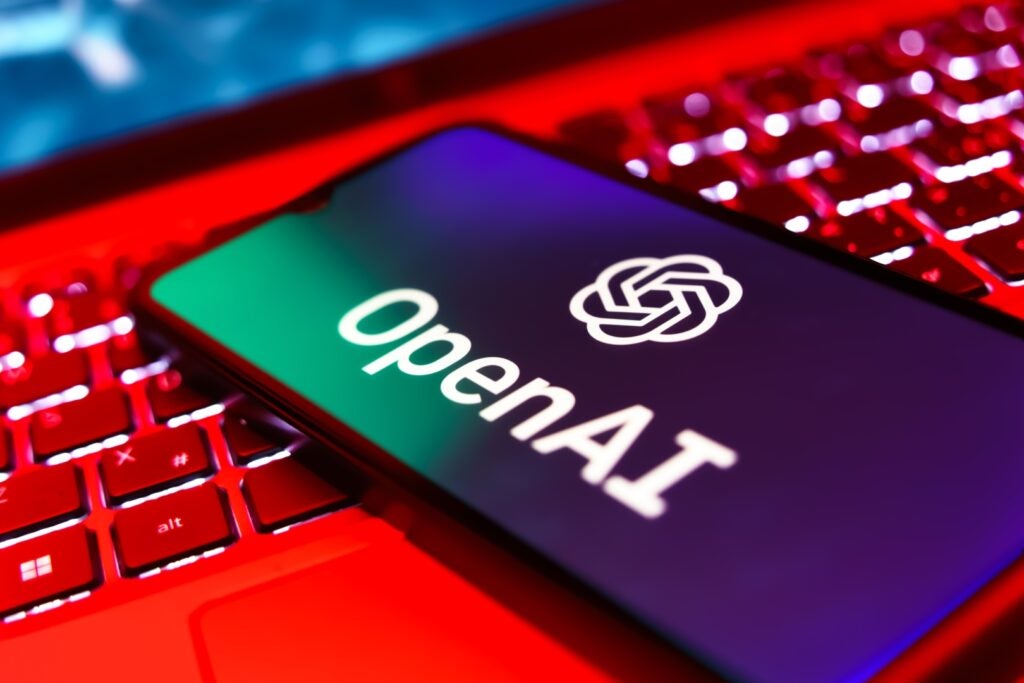The financial industry just got a wake-up call from one of tech’s top minds. At a Federal Reserve conference in Washington last week, OpenAI CEO Sam Altman issued a blunt warning: Artificial intelligence has made it dangerously easy to impersonate someone’s voice, putting billions of dollars and consumer trust at risk.
“Apparently, there are still some financial institutions that will accept the voiceprint as authentication,” Altman said. “That is a crazy thing to still be doing. AI has fully defeated that.” In other words: if your bank thinks a voice challenge is a security blanket, it’s time to buy a new blanket.
The Rise and Fall of Voiceprint Verification
Voiceprint authentication isn’t new. Over a decade ago, the wealthy and security-conscious flocked to voice-based identification, reciting challenge phrases to unlock their accounts. For years, this method seemed futuristic—almost unbreakable. But the AI revolution has changed the game.
Today’s AI voice clones can mimic speech patterns, inflections, and even emotional tones with uncanny accuracy. The result? Criminals can now bypass voiceprint checks with a few seconds of audio and the right tools. Altman’s message is clear: what once felt like cutting-edge security is now a glaring vulnerability.
Regulators Seek Solutions as AI Fraud Looms
The urgency isn’t lost on regulators. Michelle Bowman, the Federal Reserve’s vice chair for Supervision, echoed Altman’s concerns and floated the idea of collaboration between the tech sector and financial watchdogs. “That might be something we can think about partnering on,” Bowman said, hinting that the public and private sectors may need to join forces to outpace fraudsters.
The challenge is formidable. As AI-generated voices (and soon, deepfake videos) become “indistinguishable from reality,” according to Altman, banks must pivot to new verification methods—potentially blending biometrics, behavioral analysis, and multi-factor authentication. The stakes are high, and the timeline is tight.
Why It Matters
Banks that cling to outdated security measures are inviting trouble—and so are their customers. The rapid evolution of AI means that fraudsters have powerful new tools, and the industry must innovate to keep up.
Read Next:
Photo: Shutterstock

